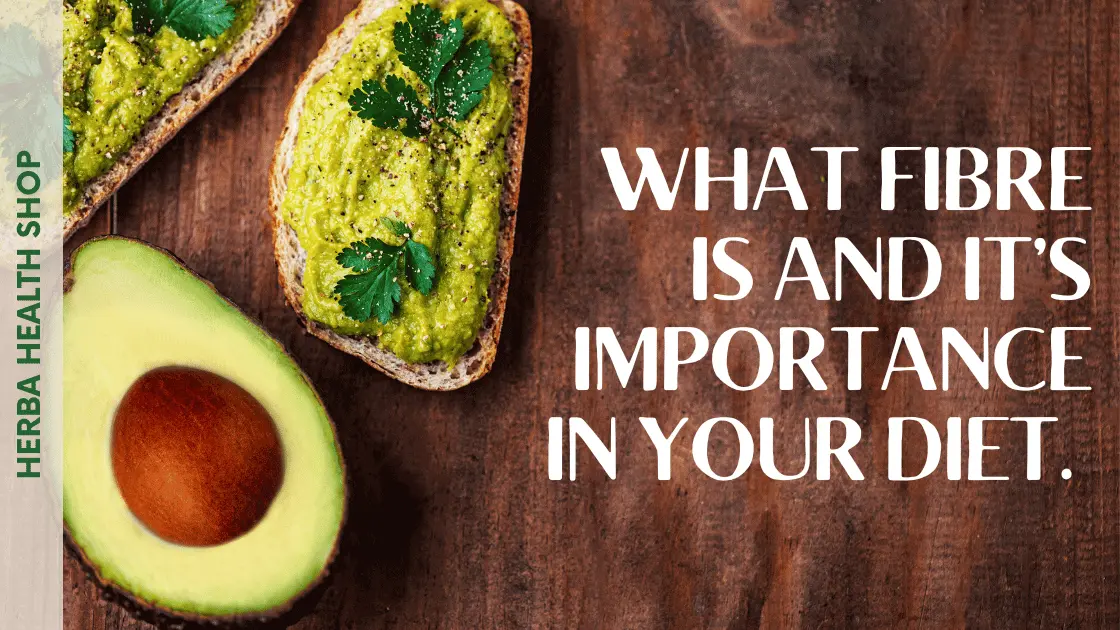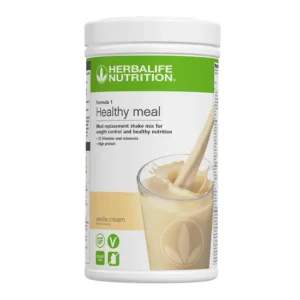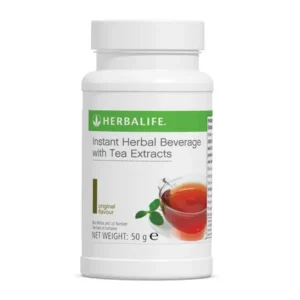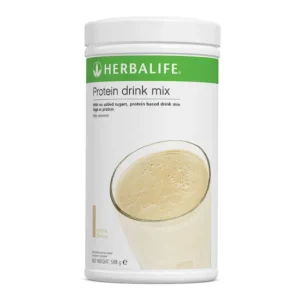In the intricate tapestry of nutritional wellness, fibre stands out as a crucial thread, often overlooked amidst the vivid colours of vitamins and minerals. This humble dietary component, though, plays a pivotal role in maintaining our health, offering benefits that stretch far and wide across the spectrum of well-being. In this exploration, we delve into what fibre is, its paramount importance in our diets, and how we can ensure we’re getting enough of this essential nutrient.
What is Fibre?
Fibre, a type of carbohydrate found in plant foods, is unique because it cannot be broken down by digestive enzymes in the human body. It passes through our digestive system, relatively intact, performing a range of functions that are vital for maintaining health. There are two primary types of dietary fibre, each serving different purposes:
- Soluble: This type dissolves in water to form a gel-like substance, helping to lower blood glucose and cholesterol levels. Found in oats, peas, beans, apples, citrus fruits, carrots, barley, and psyllium, soluble fibre is a key player in heart health and blood sugar regulation.
- Insoluble: This type does not dissolve in water. It helps in adding bulk to the stool and aids in food passing more quickly through the stomach and intestines, promoting regular bowel movements. Whole-wheat flour, wheat bran, nuts, beans, and vegetables, such as cauliflower, green beans, and potatoes, are rich in insoluble fibre.
The Importance of Fibre in the Diet
Digestive Health
One of the most celebrated roles of fiber is its contribution to digestive health. By increasing the weight and size of your stool and softening it, fiber helps prevent constipation. A diet high in fiber can also reduce your risk of developing hemorrhoids and small pouches in your colon (diverticular disease). The movement of fiber through the digestive system also acts as a sweep, clearing out bacteria and other waste, thereby maintaining a healthy gut.
Heart Health
Numerous studies have highlighted the link between high fiber intake and a reduced risk of heart disease. Soluble fibre, in particular, has been shown to lower total blood cholesterol levels by lowering low-density lipoprotein, or “bad,” cholesterol levels. Furthermore, diets high in fibre can improve blood pressure and inflammation, further protecting the heart.
Weight Management
Fibre offers a helping hand in weight management by acting as a natural appetite suppressant. High-fibre foods are more filling than their low-fibre counterparts, making you feel fuller for longer and reducing overall calorie intake. Additionally, foods high in fibre tend to be less energy-dense, which means they have fewer calories for the same volume of food.
Blood Sugar Control
For individuals with diabetes, fibre—particularly soluble—can slow the absorption of sugar and help improve blood sugar levels. A healthy diet that includes insoluble fibre may also reduce the risk of developing type 2 diabetes.
Cancer Prevention
Though the evidence is mixed, there is a suggestion that increasing dietary fibre intake may lower the risk of certain cancers, such as colorectal cancer. The thought is that fibre’s ability to speed the passage of food through the digestive tract reduces the time that the colon is exposed to potential carcinogens.
How to Increase Fibre in Your Diet
Incorporating more fibre into your diet doesn’t have to be a complex overhaul. Here are some simple strategies:
- Choose Whole Grains Over Refined: Opt for whole-grain versions of bread, pasta, and rice. Look for whole grains as the first ingredient on the label.
- Fruits and Vegetables: Aim to fill half your plate with fruits and vegetables at every meal, as they are naturally high in fiber.
- Beans and Legumes: Incorporate beans, lentils, and other legumes into your meals. They’re not only high in fibre but also a great protein source.
- Snack Smart: For snacks, choose raw vegetables, nuts, seeds, or whole fruit over processed snacks.
- Gradual Increase: If you’re not used to a high-fibre diet, increase your intake gradually over a few weeks. This allows the natural bacteria in your digestive system to adjust to the change.
- Herbalife Oat Apple Fibre: is a nutritious, easy-to-mix powder that combines the power of oats and apples to support digestive health with a delicious and convenient way to boost your daily fibre intake
The journey to improving your health through nutrition is a mosaic of choices, with dietary fibre being a cornerstone of wellness. It’s a simple, yet effective way to enhance digestive health, reduce the risk of chronic diseases, and maintain a healthy weight. By making small, conscious decisions to include more fibre-rich foods in our diets, we can weave a richer tapestry of health, one thread at a time. Remember, the key to a balanced diet is variety – and when it comes to fibre, there are plenty of delicious and nutritious ways to meet your daily needs.






